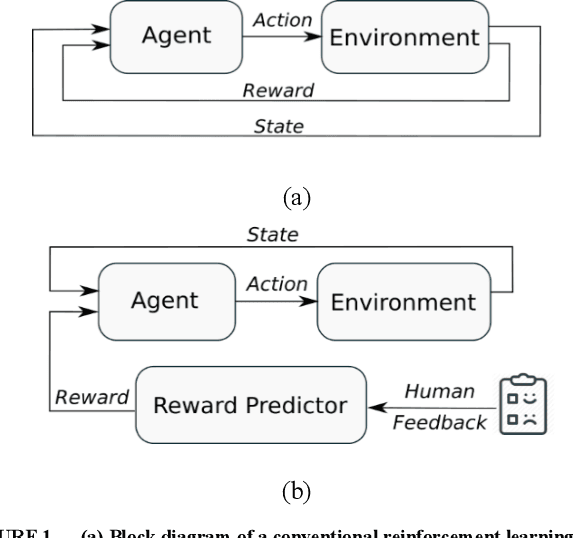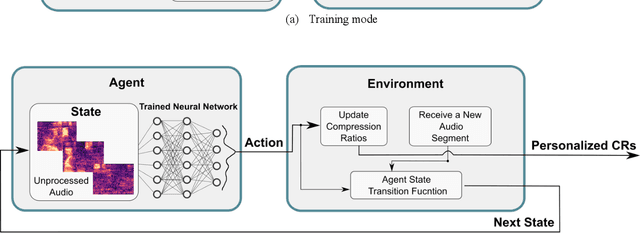Edward Lobarinas
Efficient Personalization of Amplification in Hearing Aids via Multi-band Bayesian Machine Learning
Jun 13, 2024



Abstract:Personalization of the amplification function of hearing aids has been shown to be of benefit to hearing aid users in previous studies. Several machine learning-based personalization approaches have been introduced in the literature. This paper presents a machine learning personalization approach with the advantage of being efficient in its training based on paired comparisons which makes it practical and field deployable. The training efficiency of this approach is the result of treating frequency bands independent of one another and by simultaneously carrying out Bayesian machine learning in each band across all of the frequency bands. Simulation results indicate that this approach leads to an estimated hearing preference function close to the true hearing preference function in fewer number of paired comparisons relative to the previous machine learning approaches. In addition, a clinical experiment conducted on eight subjects with hearing impairment indicate that this training efficient personalization approach provides personalized gain settings which are on average six times more preferred over the standard prescriptive gain settings.
Personalization of Hearing Aid Compression by Human-In-Loop Deep Reinforcement Learning
Jul 01, 2020



Abstract:Existing prescriptive compression strategies used in hearing aid fitting are designed based on gain averages from a group of users which are not necessarily optimal for a specific user. Nearly half of hearing aid users prefer settings that differ from the commonly prescribed settings. This paper presents a human-in-loop deep reinforcement learning approach that personalizes hearing aid compression to achieve improved hearing perception. The developed approach is designed to learn a specific user's hearing preferences in order to optimize compression based on the user's feedbacks. Both simulation and subject testing results are reported which demonstrate the effectiveness of the developed personalized compression.
 Add to Chrome
Add to Chrome Add to Firefox
Add to Firefox Add to Edge
Add to Edge